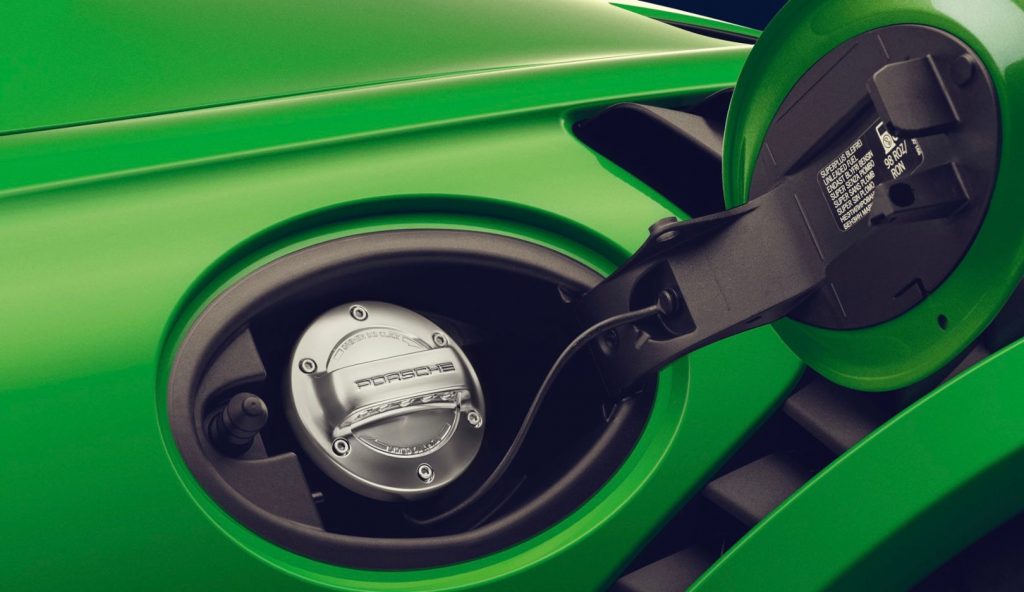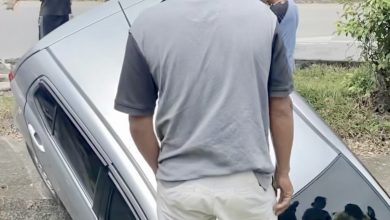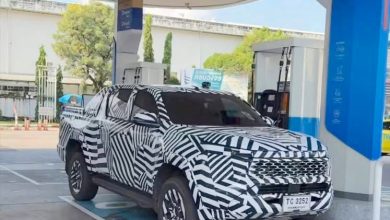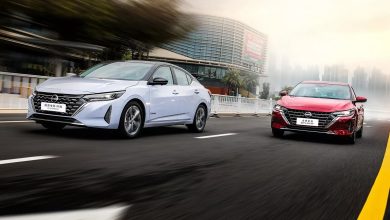Singapore To Ban Sale Of New Diesel Cars In 2025

The sale of new petrol powered cars meanwhile are set to cease in Singapore in 2030.
Singapore has recently announced that it will soon ban the registration of new diesel-powered cars and taxis in 2025. The first country in ASEAN to announce such a policy, this new mandate is part of the tiny island nation’s pledge towards a greener, cleaner environmentally sustainable society in the future.
Following on from the example set by other developed countries worldwide, this new plan is yet another part of Singapore’s push towards the wider electrification of its transportation network. Announced by Singaporean transport minister Ong Ye Kung during a debate on the Government’s sustainability plans recently, this ban on the registration of new diesel cars and taxi will “further pave the way for greener vehicles” in the city state.
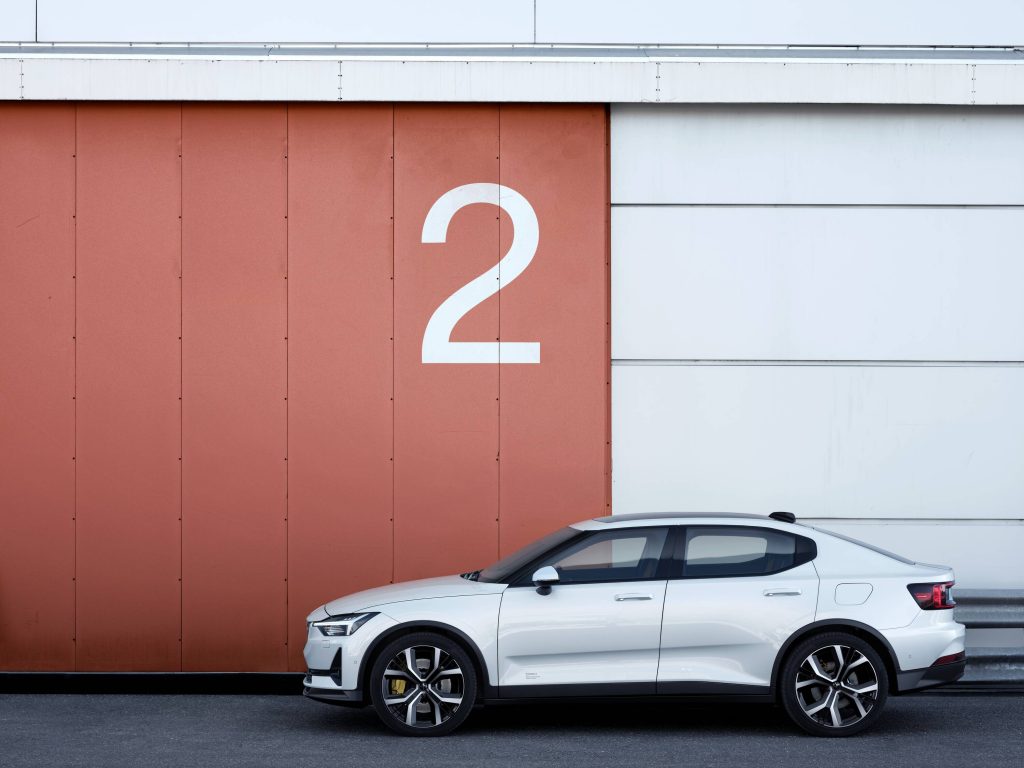
While this ban is nevertheless an admirable one for the Singaporean government to take, especially considering that diesels are more pollutive, it is perhaps a rather hollow restriction on the grand scheme of things. That is because oil-burning passenger vehicle sales over there only accounted for a mere 2.9% of the 634,042 vehicles sold in 2020.
On the taxi front meanwhile, this ban might seem initially to be rather more effective as the majority of Singaporean taxis used to run on diesel. Then again though, more than half have already switched to petrol-electric hybrid models with only 41.5% of the 15,678 taxis in Singapore still being diesel powered.
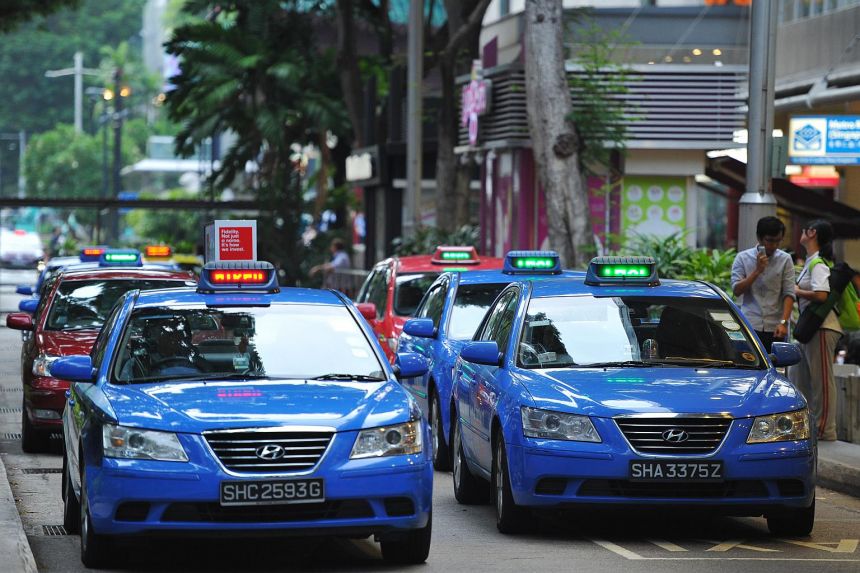
It is perhaps worth highlighting at this point too that the diesel ban doesn’t apply commercial vehicles, such as lorries and busses. Instead, the Singaporean government has is planning to utilise its Commercial Vehicle Emissions Scheme in financially incentivising owners of light commercial vehicles, which make up for nearly 70% of the commercial vehicle market over there, to switch over towards greener, cleaner alternatives.
Having said all that, it is worth reiterating that this initiative is still perhaps a worthwhile one to implement. Particularly in addition to the impending ban by the Singaporean government on the sale of purely petrol-powered cars that is set to take effect in 2030.
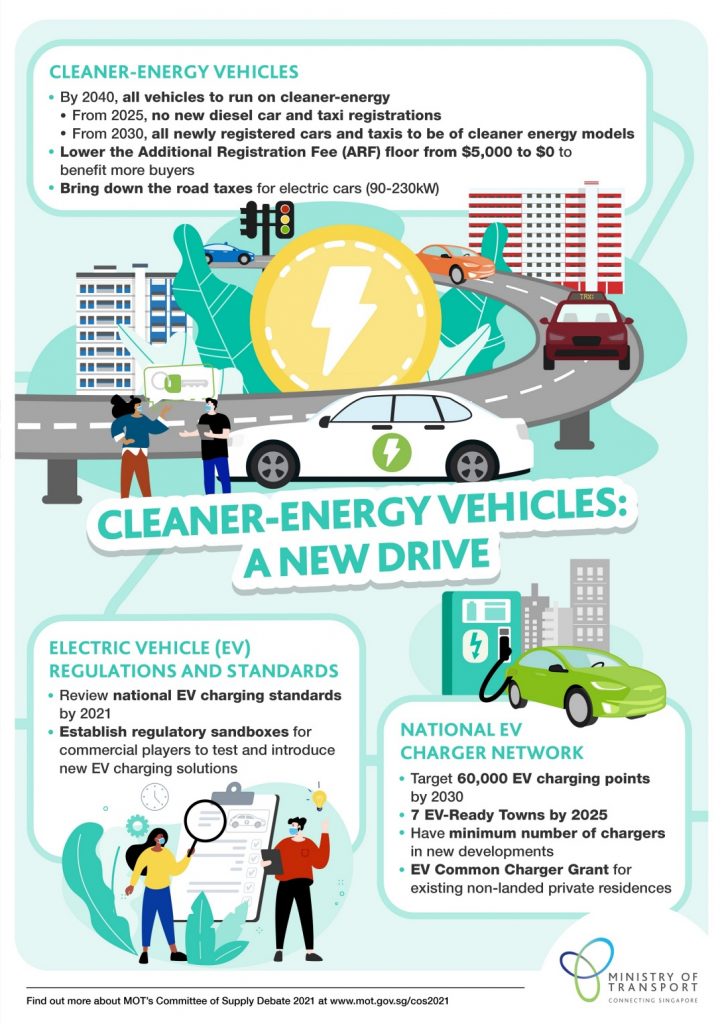
Looking at the facts and figures published by the Singaporean government themselves however, one can’t help to notice that even if all vehicles over there transitioned to become all electric, this will only reduce its total national CO2 emissions by 4%. While 4% is definitely better than nothing, is it really the best we as a society can do to cut down on our carbon output?
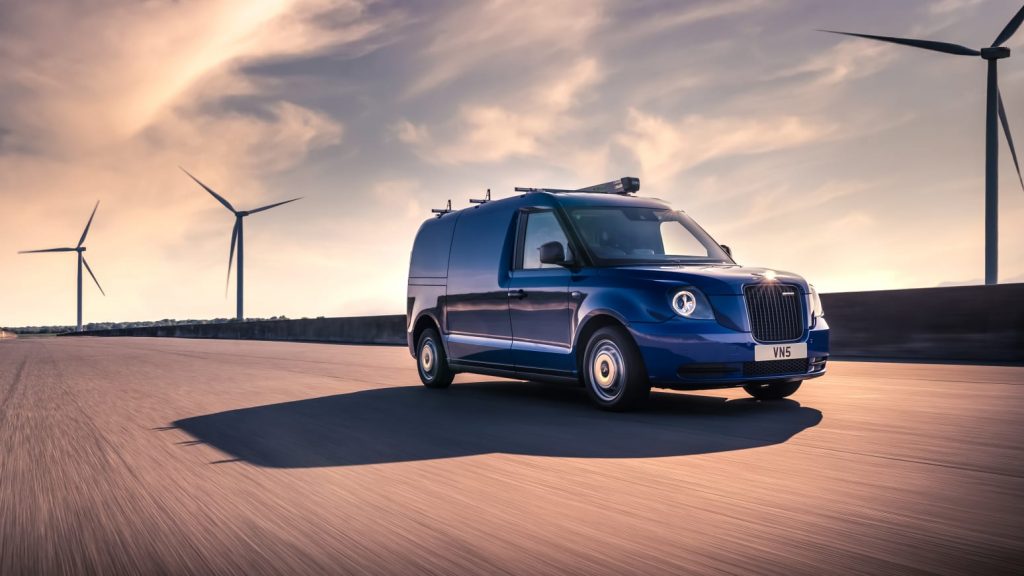
This is of course not just a Singaporean problem, but in fact this is much the same problem faced by much of the countries scrambling to implement these bans on fuel-drinking cars too. To put it simply, why attack the car so much when it, in actual fact, contributes not that much towards the goal of carbon neutrality?
Now don’t get me wrong here, electrification will most likely be the way of the future for the auto industry. The reduction emissions at the tailpipe is a plus point, especially in a crowded cityscape like Singapore. Moreover, the Singaporean government has also announced a massive push into developing its EV charging infrastructure to support this imminent influx of electrified vehicles.
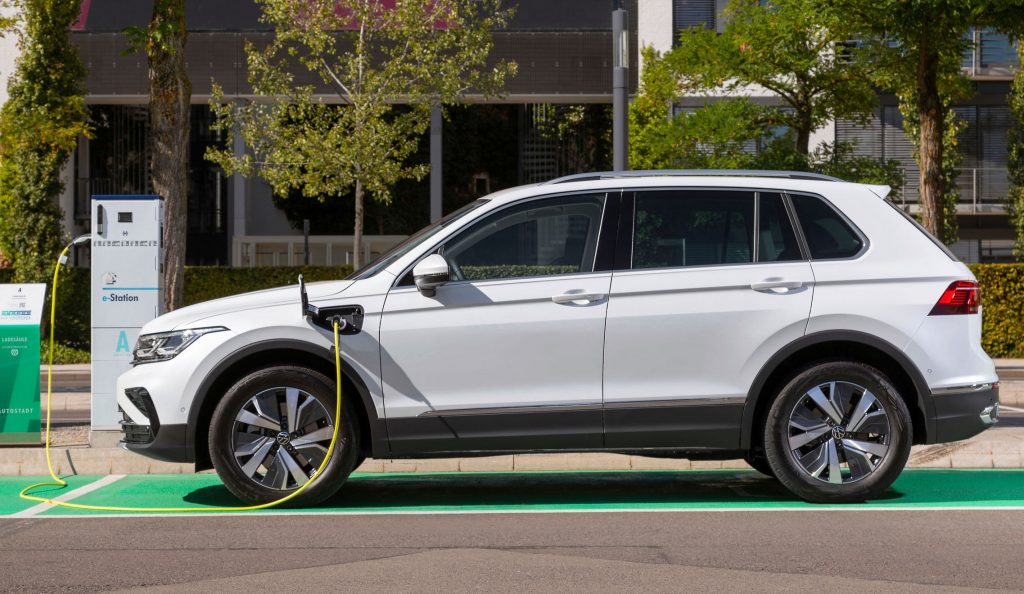
In the grand scheme of things however, it is perhaps prudent not to think of EVs as being the magically cure-all for all the world’s emissions problems as they are being perceived by many now. In fact, depending on one’s driving habits, an EV might be actually more environmentally damaging than its fuel-burning counterparts, as a study conducted by Polestar shows that an EV needs roughly 50,000 km to 112,000 km for it to break even with a conventional car. Something which typically take a couple of years of normal driving to achieve, especially in a tiny city state like Singapore.
So perhaps there might be a world left for the internal combustion engine after all? Well, thanks to the various governments of the world, this will unfortunately most likely not be the case.
